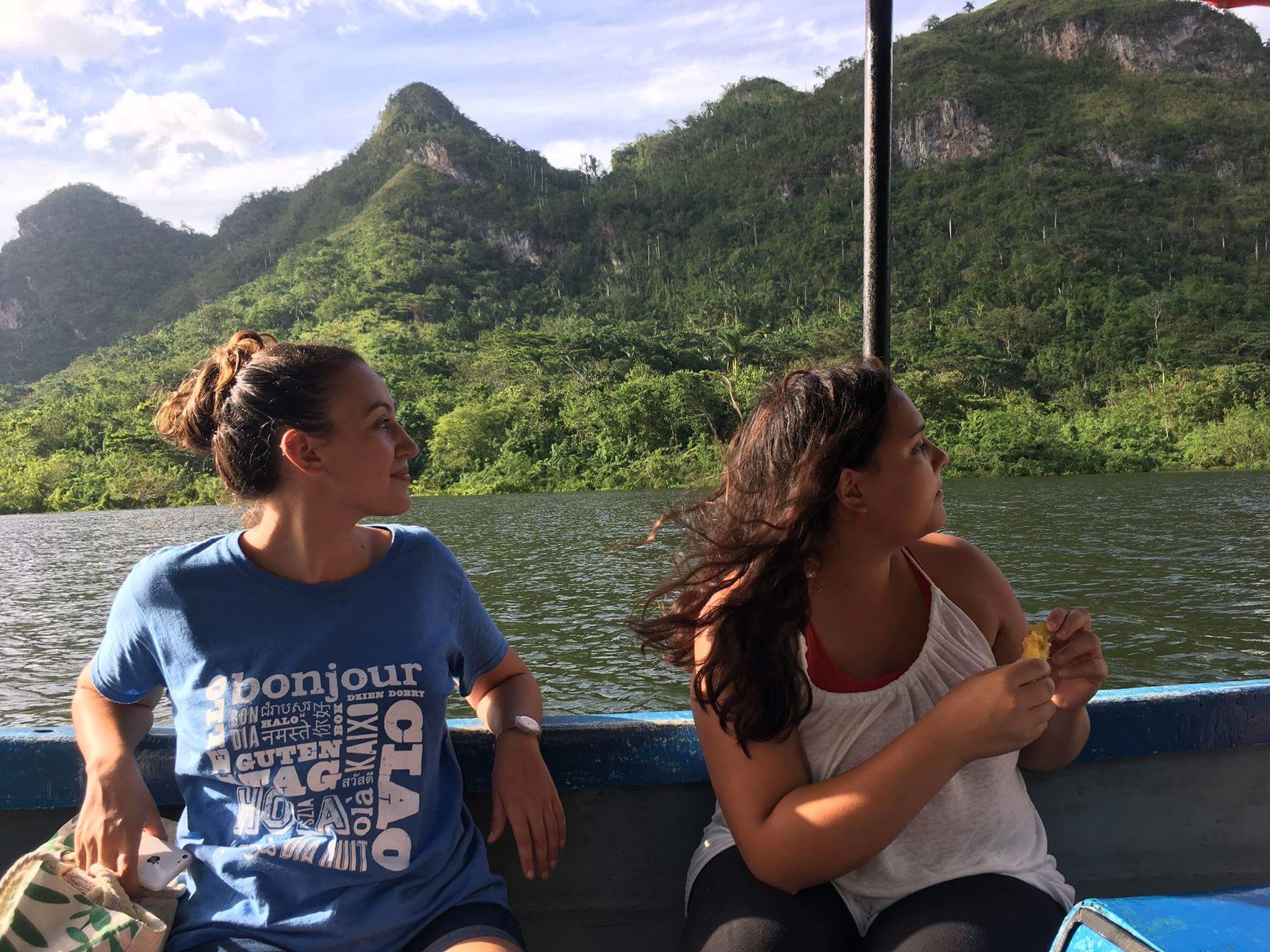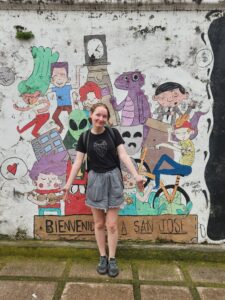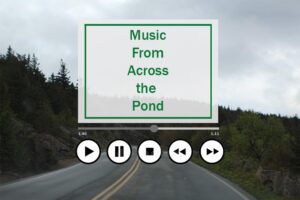In our world today, it is easy to be misled by what we see on social media. Sites Apps like Instagram let people portray a certain story to the world without the audience being able to see the whole picture. When it comes to study abroad, this means that we get to see people traveling and having a great time in images that often make it seem like a semester-long vacation. However, what you don’t see are the challenges: the culture shock, the homesickness and the major life adjustments that come with living abroad for a long time. However, in my time abroad I learned that these are the moments in which you learn and grow the most.
When I decided to study in Havana, Cuba, I knew I wanted to go in with some understanding of where I’d be living. I’ve always been an extreme planner and felt that the more research I did on the place I was living, the more I could plan for what I was getting myself into. However, many people can tell you that Cuba is kind of an enigma for many Americans. The lack of Americans traveling to the country have made it so that there is little to no information about what it’s like to live there. What I was able to find about living in Cuba didn’t prepare me for what I was really getting myself into. Cuba is one of the most beautiful places I’ve ever been to; the people, the cars, the culture and the island itself are unlike anywhere else in the world. However, the challenges I faced in Cuba were just as unique, and something that I certainly hadn’t planned for. During my first two weeks in Cuba, I discovered that the internet wasn’t super accessible, the Spanish was as hard — if not harder — than people described and I couldn’t understand anything that was happening in my classes.
For the first two months I was abroad, everything I did was a challenge for me. Even the most seemingly simple things, like hailing a cab or ordering lunch in a restaurant scared me. I didn’t make many Cuban friends at first, because I didn’t want to speak to them in Spanish out of fear of sounding unintelligent. I was homesick beyond belief and spent a great deal of time counting down the hours until I got to go home.
Adjusting to life in a different country was a challenge that I had greatly underestimated. I often questioned why I had chosen to study abroad, especially in a country where I wasn’t able to contact my family, whom I had always relied on, for help. This wasn’t the study abroad experience that I was expecting. Despite talking about culture shock and homesickness with many people before I left for Cuba, I still had this idea that study abroad was this perfect experience, in which I would continuously have the best time of my life. I didn’t anticipate to have as many challenges which made me think that I was doing something wrong.
However, the times that were hardest for me helped me grow the most. I learned to not be afraid to make mistakes, and made many of them while I was in Cuba. The countless times that I received something that I didn’t order at a restaurant, or ended up in a part of Havana that I didn’t ask for my taxi to take me, showed me that messing up isn’t about what you did wrong, but about how you recover from it. I learned that it isn’t about being perfect, but about your intentions being good. The friends I made didn’t care that my Spanish wasn’t perfect, they only cared that I was trying my best. Likewise, in my classes, it wasn’t about being able to understand every single thing that was being said, it was about trying my best to understand, participating even though I was scared and not being afraid to ask questions.
It seems cliche to say that study abroad completely changed my life, but I think about how it changed me everyday. I’m no longer afraid to try new things. I realize that the mistakes I make are a part of everyday life and I can move on from them more quickly. I ask questions without fear, because I learned it’s better to ask than continue to struggle without help. More than anything, I value my ability to talk to my friends and family. As much as I appreciate the independence I gained when I was abroad, at the end of the day I also learned that it’s okay to need help from others, and to let them know.
All of this isn’t to say that studying abroad was a bad experience. The exact opposite is the case. My study abroad experience wasn’t perfect, but that doesn’t keep it from being one of the most amazing things I’ve done in my life. The relationships I built, the cultural experiences I had and the time I spent in Cuba are some of the most precious and memorable moments of my life.
So next time you see a post about studying abroad on Instagram or Snapchat, enjoy the beauty of it, but also think about everything you aren’t seeing and how that might be the most important part.








